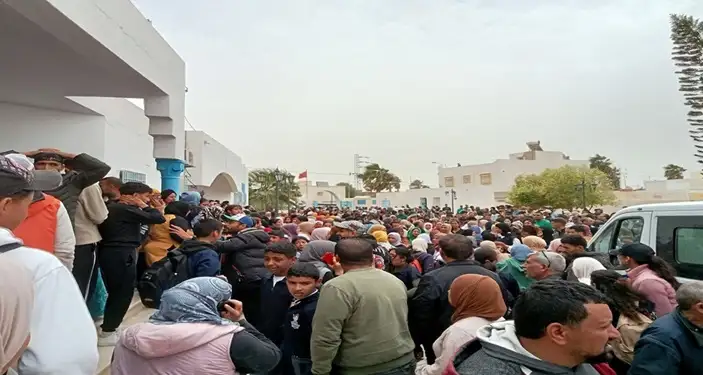The terrible collapse of a wall in a high school in Mezzouna, having caused the death of several students and injured others, caused a shock wave in Tunisia.
Among the many reactions, that of the Ennahdha Party is particularly attention. In an official press release published on April 14, the movement expresses its pain, presents its condolences, but above all, criticizes the “neglect” of the current authorities, accused of having ignored the alerts concerning the degraded state of school infrastructure.
A strong message, but which raises a disturbing question: Ennahdha, who directed or shared power for a decade after 2011, also does not carry a part of responsibility in the current state of public infrastructure? The problem of the Tunisian school, its underfunding, its dilapidated buildings and the lack of chronic maintenance, does not date from yesterday. And the successive governments where the Islamist party had his say have not always known – or wanted – initiate deep reforms.
Today in opposition, Ennahdha claims the development of a national infrastructure rehabilitation plan, while denouncing the lack of dialogue and the settlement of political accounts. A classic position for a party which is trying to reposition itself on the political spectrum, but which will not fail to make its detractors react, especially in the ranks of civil society and teachers, who regularly point to the continuity of state failures, whatever the government in place.
Mezzouna’s drama cruelly puts the question of security in schools in schools. And what Tunisians expect today, beyond political quarrels are concrete acts to prevent such a drama from happening again.








